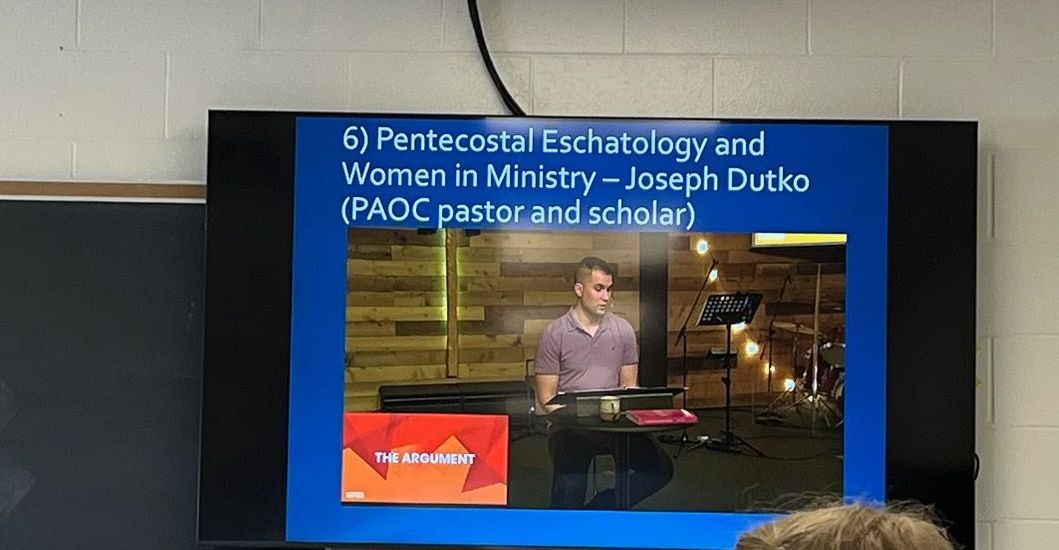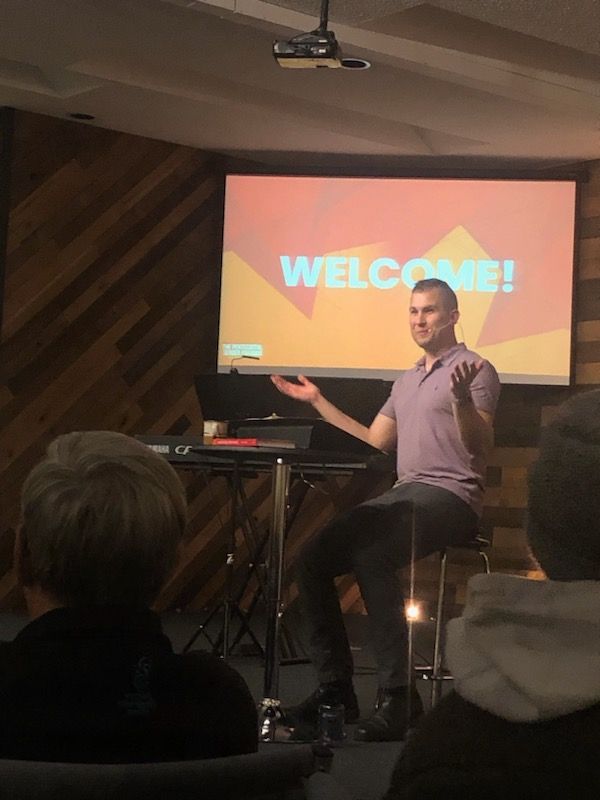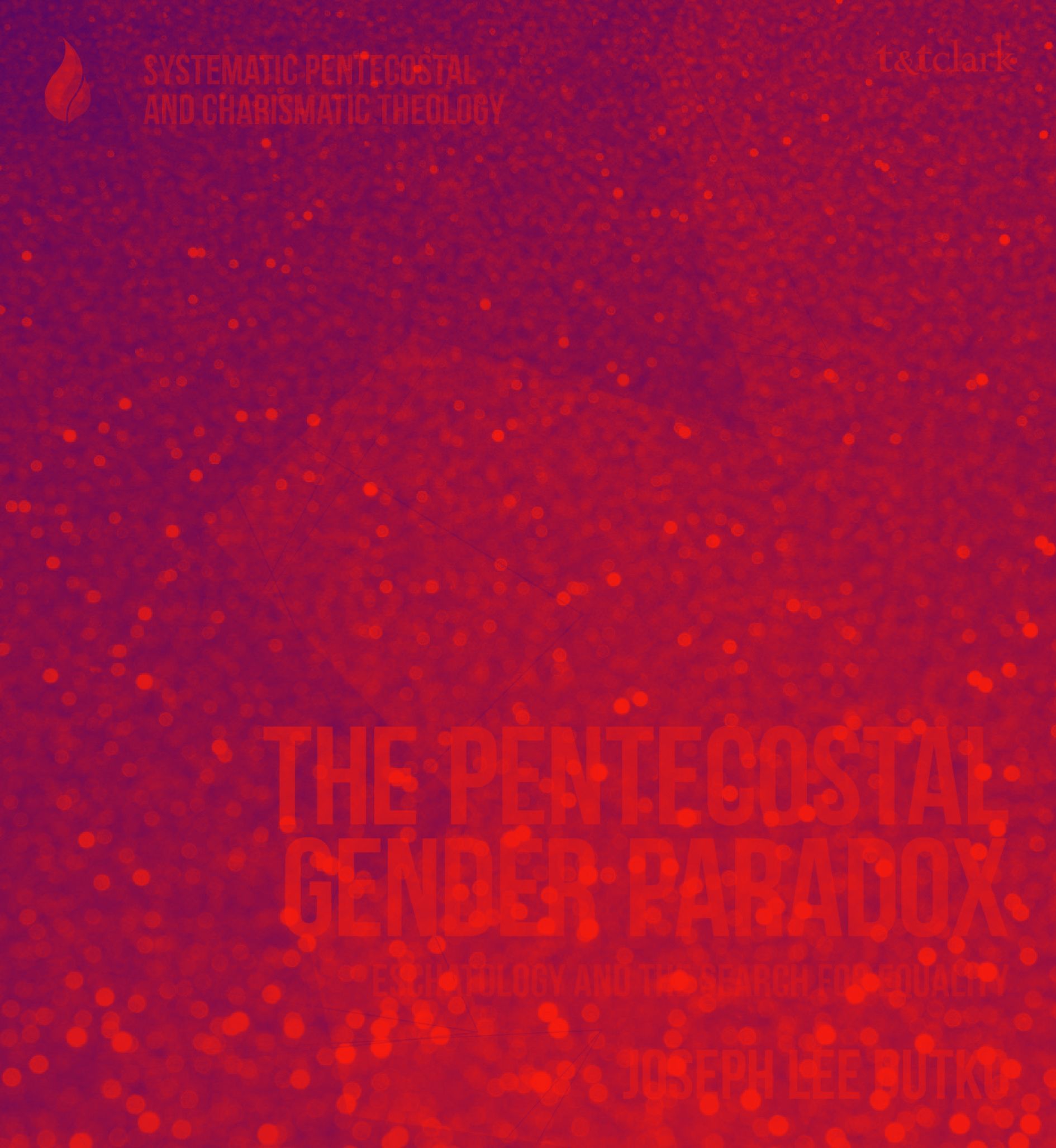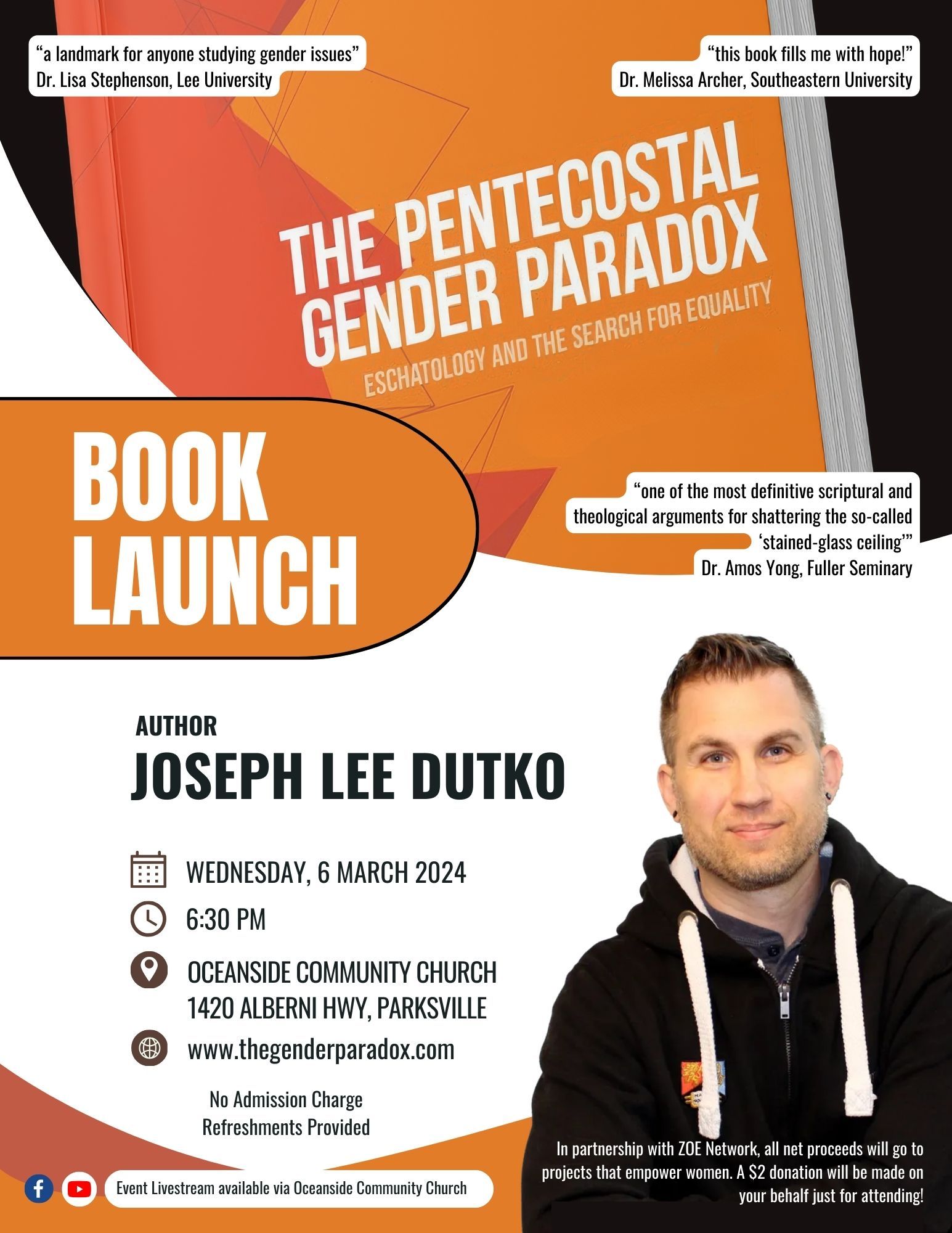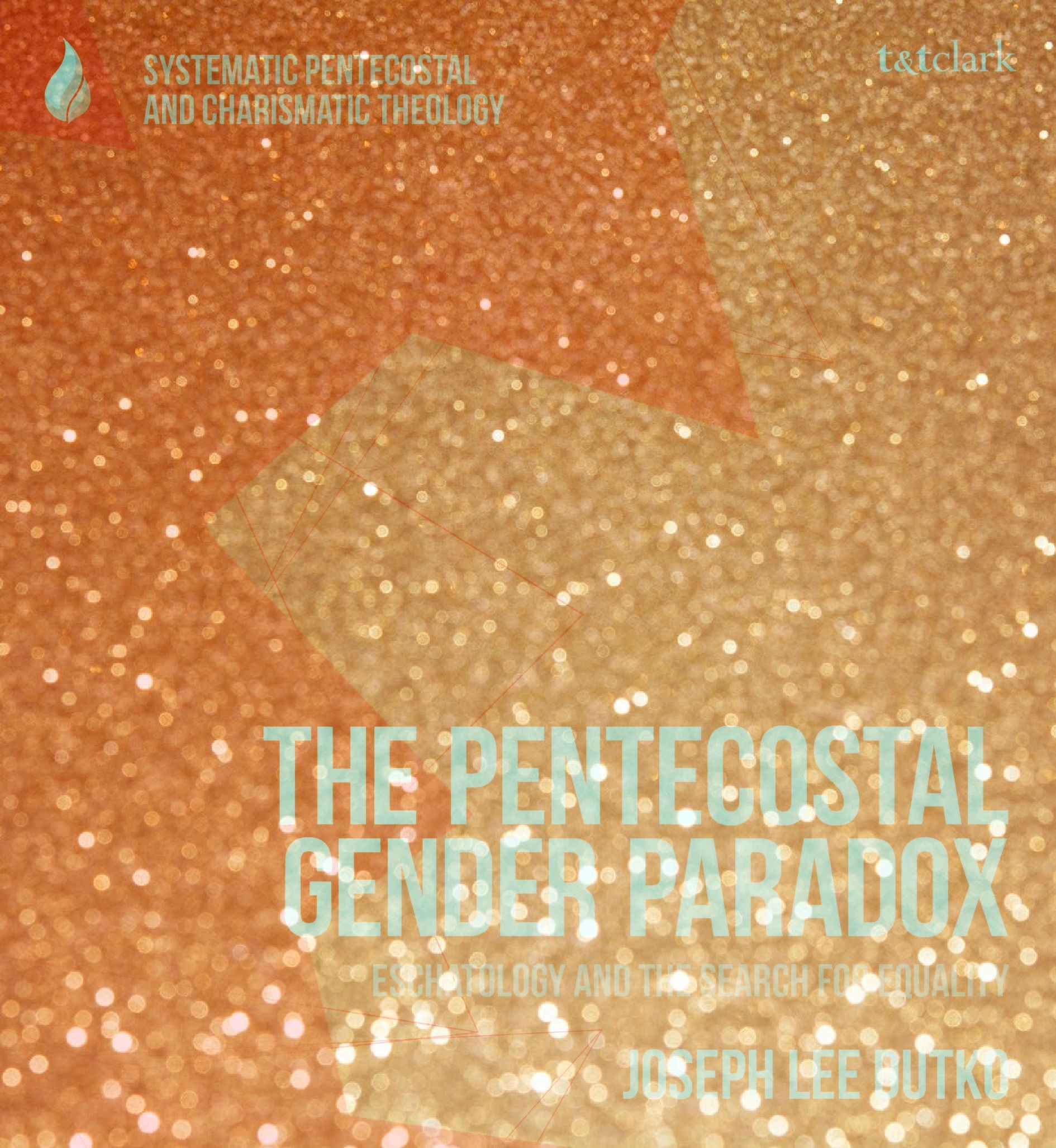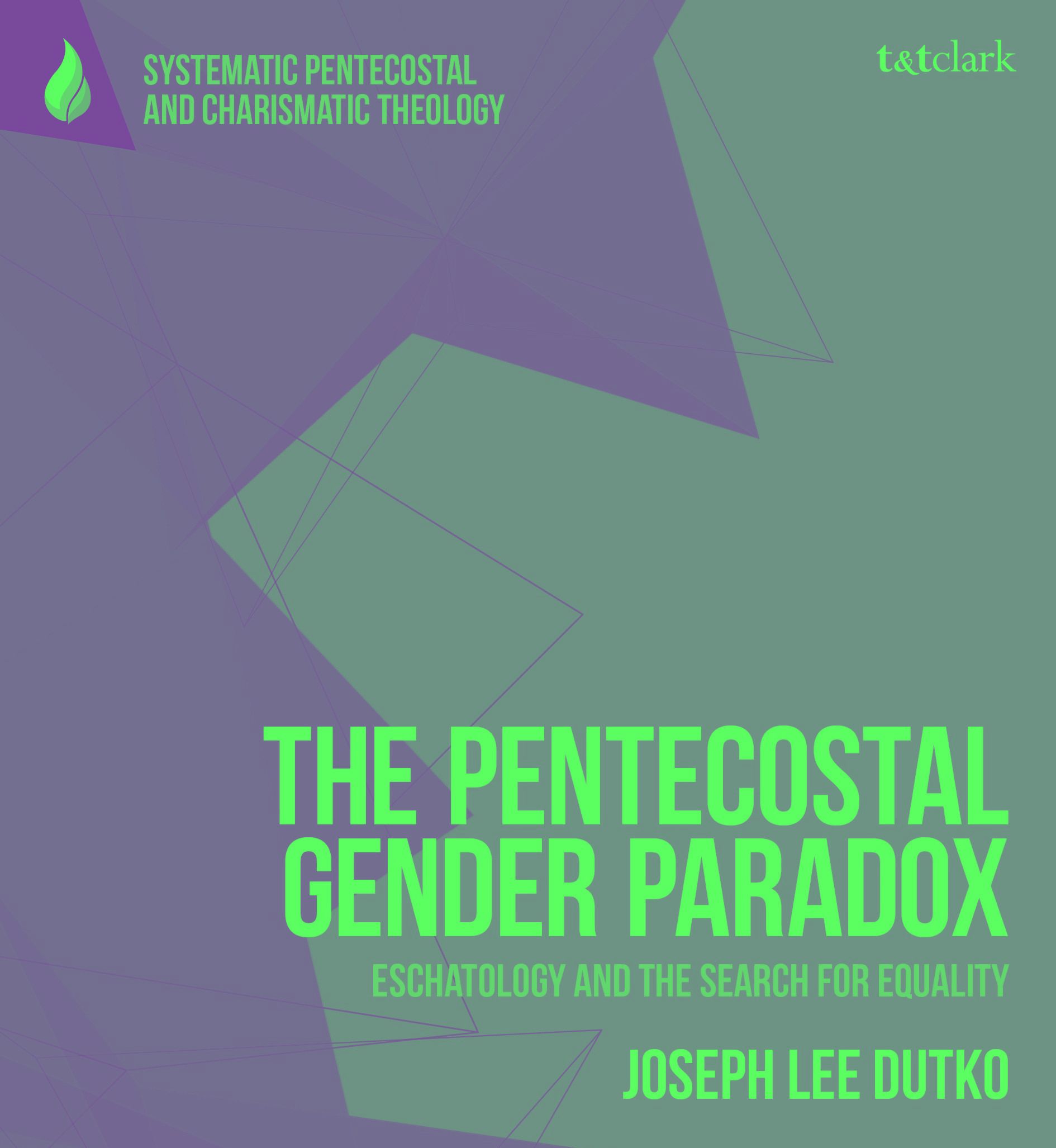Why this Website? Five Reasons
(And scroll down for ways to fully engage this site)
Let’s be honest, the last thing the world needs is another blog or website. There’s more information, thoughts, and opinions out there than anyone could ever want or need.
Furthermore, to be completely honest, I’m not all that comfortable with a personal website and establishing any kind of personal “brand” or platform. There’s a lot of danger in a site where one’s image can be carefully crafted and controlled, and where someone can appear much more important than they really are (spoiler: I'm not very important! I'm a pastor of a mid-sized congregation in a fairly small town, and I'm a mostly unknown scholar and author. This site is not trying to convince you otherwise!).
So why in the world launch a blog or website?
It’s certainly not because I have anything new to say for “there is nothing new under the sun” (Ecclesiastes 1:9). The more education you have, the more you realize everything has already been said. Long gone are the naïve days where I thought I actually had something original to say.
But here’s
5 reasons I’m launching this site
and why others should consider doing the same:
1. Simply for the joy of writing
There’s a strong case for doing what you love and offering it to others as a gift, even if that audience is very small. I’m a writer and I love writing. Sure, some pastors or writers get a larger audience in one week for a topic they spent 10 hours on than I’ll get for an entire book I spent 5 years on! But who cares? I write because I feel called to do it, love it, and sense God’s joy in doing it. If others find it helpful that’s great, and I rejoice in any way my writing might bring more health to a local church or leader.
2. There’s nothing new to be said, but there are new ways of saying it
Although there’s barely anything new to say in the world, there is a way to say something in a way that is unique in its context or arrangement of material. Ideas need to be regularly re-articulated in fresh ways that might introduce people to something in a new way.
3. For those I know and who know me
Disciples aren’t made in masses or through a blog from a leader you don’t know. They are made in the mess of local communities with leaders you can look in the eye, visit in their homes, and know over time through the ups and downs of life.
Just as you should shop local and worship local, there’s something to be said about reading “local,” by which I just mean someone whom you know or shares your context. So this site is especially for those I know and who know me, such as fellow pastors and academics whom I'm privileged to know.
4. As a personal discipline
It’s true that the world doesn’t need any more books or blogs, but that doesn’t mean they shouldn’t be written. The benefit to the world is not so much in people reading it, but you writing it. There’s personal challenge and growth in being able to critically think through issues, organize and articulate ideas, and engage the overall creative process, skills that will ultimately bless others in your everyday life and help you as a thinker and leader.
5. To own your material (i.e., instead of social media companies)
Why not just post your thoughts on social media? Well, why would we want to hand over our material to social media companies to own forever and do what they want with? What if they decide to take it down or what if the company itself shuts down (social media is dying, after all)? Owning your own website is the best way to protect your intellectual property.
The more people are learning about how these companies control our content, the more personal blogging is making a comeback and may have the potential to make the internet a better community than social media has.
I hope you enjoy the site! And if so . . .
Here's 5 Ways to Support the Site and Blog
(and to let me know someone is actually reading this!):
- Subscribe to the blog below! You can unsubscribe anytime and usually will only receive one monthly update of new posts and information.
- Like my Facebook Author Page
at
this link or using the Follow button below for the latest book updates and blog posts.
- Share a post that you think others might like using the social share buttons at the top or bottom of each blog post - it's a huge encouragement when you do!
- Consider submitting a Guest Post, particularly to the Gender Paradox blog.
- Send me a message just to let me know you stopped by and to connect!
NEWSLETTER SIGNUP (blog post layout)
Thanks for signing up!
Please try again later.
ABOUT JOSEPH
Pastor, Author, and sometimes pretends to be a scholar
Joseph (PhD, University of Birmingham) is the author of The Pentecostal Gender Paradox: Eschatology and the Search for Equality.
Since 2015, he and his wife have together pastored Oceanside Community Church on Vancouver Island, where they live with their four children.

